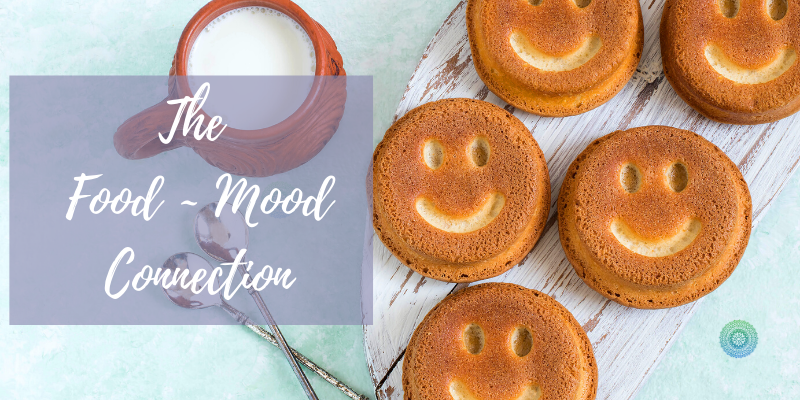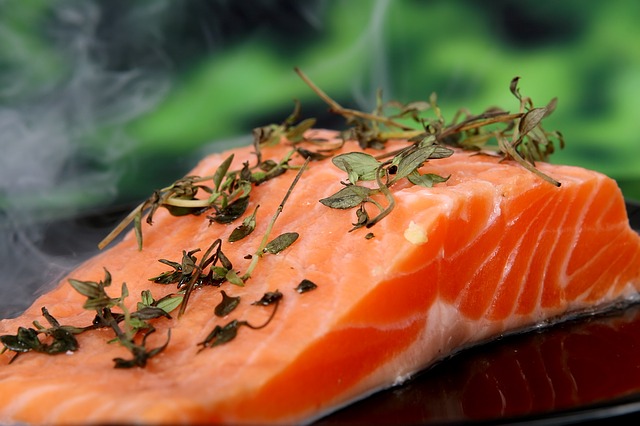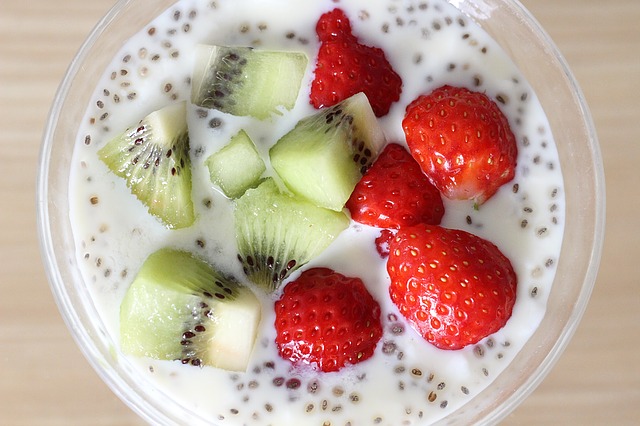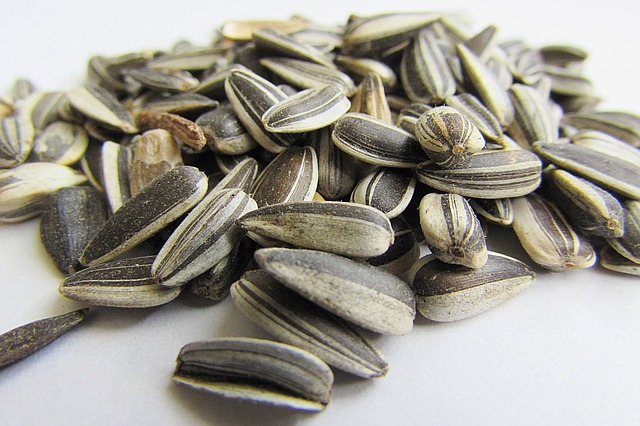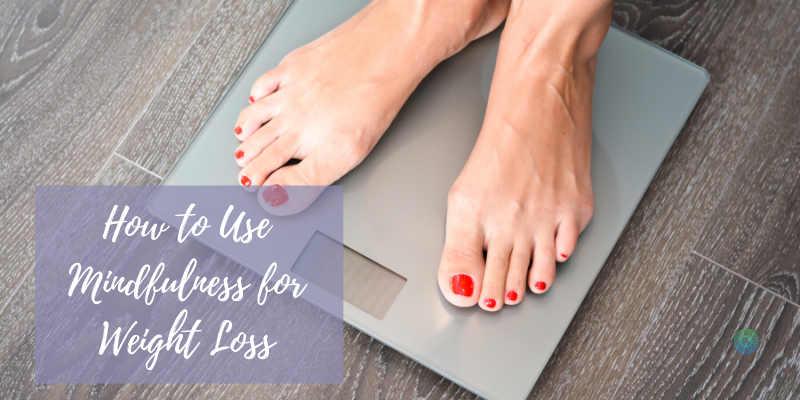We have all been there. Perched on the precipice of greatness and then….BOOM! …the chatter! The seemingly endless negative chatter telling you 101 reasons whatever you’re about to do will fail.
Pish~Posh!
It’s toxic. It’s counterproductive and even if we fully grasp this intellectually, the emotional Ego has other ideas and off it goes like a snowball headed for Hell!
No worries. There are tools you can use to play a strong defense and create the change and transformation you were destined to make.
It’s About The Reset
I talk a lot about RESET. I reset every season. Let’s get brutally honest. Life is messy sometimes and it doesn’t always go as planned. A great schedule that keeps you true to you can get waffled in no time, right? Hence, the purposeful reset by season for me. I invite you to honor yourself in this way as well.
It’s when I reconnect with Me. Focus some healing and loving energy on myself and take stock of what serves me and what doesn’t any longer whether that is people, places, or things.
If during a life reset you are more interested in improving your mental and emotional health, you might want to use affirmations. These are a wonderful addition to your mental health routine, as they can help you with your mindset, both in good times and in difficult times.
Understanding Why Affirmations Work
Affirmations are positive statements or phrases that help you experience happy, uplifting, optimistic, inspiring, motivational, and positive emotions. They can be used in so many different ways, but during a reset, they help you to stay in a place of inspiration when it comes to making positive changes in your life.
Affirmations are going to help put you into a positive mindset. In the beginning, it often feels silly and like it isn’t helping, but you are using positive reinforcement. The more you say these affirmations to yourself out loud, the more you start to believe them. Telling yourself more positive things than negative things can turn everything around in ways you might not have imagined.
Ways to Use Affirmations
Not sure how to use your affirmations? Here are a few ideas:
Write a new affirmation down in your journal every day – Since every day is different, you probably need a different type of motivation each day as well. You can write an affirmation every morning while writing in your journal, that you will remember and repeat to yourself whenever you need to.
Put them on your bathroom mirror to repeat regularly – If you tend to forget to use your affirmations, put them somewhere you pass by regularly. This might be your bathroom mirror or on your refrigerator. Every time you see them, read them to yourself or out loud. It is a great reminder to use them.
Read them out loud whenever you need a boost of confidence – Bring affirmations with you that you have noticed help you the most, and say them to yourself out loud when you need that boost.
Choosing the Right Affirmations for You
Before you can get started, you need to choose the right kinds of affirmations. Remember they should be short enough to write down or remember and repeat back to yourself, be simple, and be positive. Here are some examples:
I am worthy of love and affection.
I am courageous and confident.
I can do anything I put my mind to.
I am responsible with money.
I hold the power to my own happiness.
I’d love to hear what affirmations work for you. Don’t be shy and comment below!


